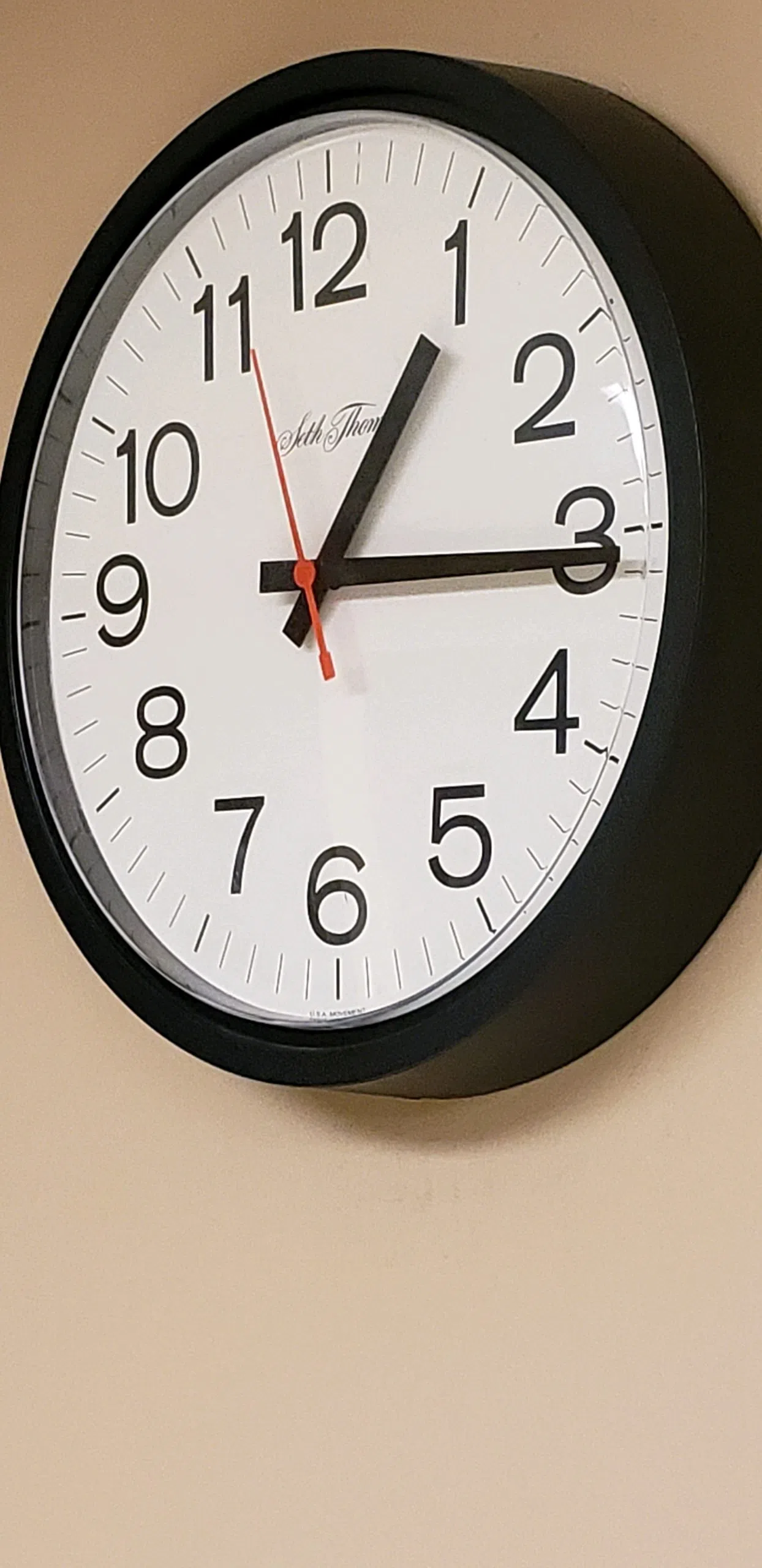
By: Ann Estvold, North Dakota Newspaper Association
BISMARCK, N.D. (North Dakota Monitor) – Legislation to eliminate daylight saving time in North Dakota still has a flicker of hope in the state Senate.
House Bill 1259 would abolish the time change and have the state join Arizona, Hawaii and some U.S. territories as the only areas in the nation that do not observe daylight saving time, which is in effect from the second Sunday of March to the first Sunday in November.
Rep. Roger Maki, R-Watford City, introduced an amendment during the bill’s hearing in the Senate’s State and Local Government Committee last week. The amendment would put the daylight saving ban into effect only if North Dakota’s neighboring states took the same step.
Supporters of the bill said that North Dakotans are more affected by daylight saving time as many of them live in the western part of the Central Time Zone. Most of North Dakota is in the Central time zone; the state’s southwestern corner observes Mountain time.
Opponents of the bill said it would impact tourism, retail and traveling, especially in communities near the border.
“North Dakota doesn’t operate in a bubble,” said Arik Spencer, chief executive officer of the Greater North Dakota Chamber.
Summer events rely on the longer nights, and that if the sun sets earlier, people would leave earlier, causing revenue losses, Spencer said.
Tara Felice, a spokeswoman for the Mandan Baseball Club, said games and practices are scheduled to end around sunset in the summertime, and if the state observed standard time all year, the events would need to end sooner, because many baseball fields do not have lights. Outdoor fall sports and after-work activities also would be affected.
If daylight saving time is revoked, parts of the state would see the sunrise between 4 and 5 a.m. in the summer, opponents of the bill said.
“How do we get employees to go to work at that time?” asked Cole Higlin, a spokesman for the North Dakota Recreation and Park Association.
Many cities in the state have ordinances that do not allow construction before 7 a.m., and without daylight saving time, there would be less time to complete those projects, said Russ Hanson, executive vice president of the Associated General Contractors of North Dakota.
Daylight saving time has been advertised as an energy-saving measure and as a way to lengthen North Dakota’s summer nights. However, critics say those benefits are overplayed or nonexistent, and that changing clock times twice a year is annoying.
Daylight saving time was instituted nationwide by Congress in 1966, but Hawaii and Arizona have opted to ignore the time change. The U.S. territories of American Samoa, Guam, the Northern Mariana Islands, Puerto Rico and the U.S. Virgin Islands also do not observe it.
The committee did not make an immediate recommendation on the bill.




Comments